Hearing Tests for Children in Sydney
We offer free Counselling and Advice on how to protect your child's ears.
Children's Hearing Specialist
Free Child Ear Protection Advice
Free Counselling
We specialise in assessing children’s hearing. Yes, not only are our staff super friendly and patient but our clinic is equipped with sanitised toys and games to ensure the kids are in the right mindset to provide accurate responses during our hearing assessments.
We have a variety of children hearing tests and assessments to suit children from the age of just 6 months. These include:
- 4 year old hearing health checks
- Middle ear analysis
- Pre-speech therapy hearing assessments
- Speech reception assessments
- VROA & Tympanogram (Child < 3 years)
- Pediatric Hearing assessment (babies infants, toddlers and children)
Depending on the child’s developmental age and maturity, different test techniques are used to assess and measure hearing ability. The aim is to plot the softest levels (in decibels) heard for various pitches (frequencies) on a graph. This is called an audiogram. To have hearing within normal limits, sounds should be heard at or softer than 20dB. The following list contains details on the most common hearing tests and assessments we conduct for children:
If your baby was born in Australia, his or her hearing would have been screened at birth using special no invasive equipment which can indicate a pass or fail status. The result would be then recorded in the blue discharge book.
All babies need to be screened at birth to eliminate significant hearing loss that can impair their development of speech and language. If your baby was not screened at birth; failed the screening test; or risk factors putting them at risk of hearing loss are present at birth, then every effort should be made to have your baby tested or retested as soon as possible.
Techniques to test babies before 6 months of age are usually objective in nature and doesn’t require baby to actively respond to sound. When using objective techniques, it is best if baby is asleep or well settled for the test to progress successfully. In some cases pediatric audiologists may use special equipment called noisemakers such as bells and chimes to observe babies responses and behavior to various frequencies. Responses observed are not expected to be head turns at this stage. Responses may be as subtle as a raised eyelid; awakening; cessation of sucking dummy or bottle; a frown; cessation of babble; or a startle in response to a loud stimulus. If you have any concerns about your baby’s responses at this stage, do not defer until they are older but arrange an appointment to talk to our pediatric audiologist about the way in which your baby responds to sound.
The technique used to test children’s hearing will vary based on the child’s development ability. From the age of 6 months, if baby has established head turning ability, a puppet show is used at our clinic to assess the child’s hearing ability. This technique is referred to as Visual Reinforcement Orientation Audiometry (VROA). Our pediatric audiologist will train the child to respond consistently to a sound in the room by introducing the sound simultaneously with a puppet behind a lit up screen. Following few goes, the child will associate and learn that every time the sound is on, the puppet will show. The puppet now becomes the child’s reward. Every time the child turns towards the sound presented the audiologist will reward the child by lighting up the puppet. This technique is very successful and upon completion, the audiologist will determine if the child has sufficient hearing for speech and language development in at least one ear. Sometimes, depending on child’s development and cooperativeness, this technique can be used with headphones thus testing both ears and acquiring separate ear information.
From a developmental age of two to three years onwards, children are able to participate more actively in the test situations. Play audiometry, turns the hearing test into a game. The child might be asked to build a block or to complete a puzzle piece by piece every time they hear a sound. Sounds of different frequencies usually from 250Hz- 8KHz will be presented. The child is encouraged to listen to very soft sounds. An audiogram or a graph of the softest sound the child can hear will be obtained if the child is able to respond consistently and reliably. Depending on the age, size and reaction of the child towards headphones, the test sounds may be displayed via loudspeakers or headphones. If a loudspeaker is used, the test procedure is shorter as both ears are tested at the same time, but also less exact, as the result does not allow a differentiation of the hearing ability between the ears or establishing if hearing is completely in the normal range.
Depending on child’s maturity and development ability, Play audiometry can be used or Pure Tone Audiometry where the child is asked to push a button every time they are presented with a sound via the headphones. Sounds of different frequencies usually from 250Hz- 8KHz will be presented in each ear separately to try to establish if hearing is within normal limits.
Speech testing can also be used to establish how is sound being processed by the child. Various speech materials is available to test auditory processing depends on the child’s age. The child is presented with single words or sentences and asked to repeat what they hear or point to the pictures.
Tympanometry is a non-invasive method of testing the status of the middle ear. Children are at high risk of middle ear dysfunction, which can impede the levels clarity of sound. A device is used to seal the outer ear canal for few seconds and measure the vibration created by the eardrum. This test helps to diagnose children who have persistent middle ear fluid requiring grommets and or treatment.
Did you know an unborn child in the womb perceives and reacts to sounds from the outside world as early as 24 weeks of pregnancy ?
Hearing loss in Children Everything You Need To Know
Hearing and perceiving acoustic signals is necessary for a child’s speech and hearing development. During the first babbling phase of speech acquisition, all children throughout the world exhibit roughly the same phonetic speech patterns. At the age of four to six months, the child’s sense of hearing really begins to influence further speech development.
y the sixth month, the second stage of the babble phase usually begins. Children start to be aware of their own voices and thus experiment with speech. If a child does not begin to play with sounds and to produce syllables at this age, there might be a hearing impairment. Even with a mild hearing loss, a child may quickly lose interest in experimenting with different sounds.
Not only speech acquisition, but also a child’s intellectual and personal development is closely linked to hearing and its development. The parent’s voice is a source of security and closeness to the infant. Even before the child learns to talk, he or she can differentiate between praise, approval or admonition in the melody of a parent’s voice. Much of what an infant knows of the world, he/she learns through hearing.
A child's ability to task and communicate depends on the ability to hear.
Hearing is necessary for speech and language development. Children’s speech development and clarity; behavior; mental and personal development are closely linked to hearing. Hearing problems in children can develop before, during birth or after birth, affecting younger and older children. If you have any doubt about your child’s hearing or if your child’s hearing was never tested, it’s best to get it tested as soon as possible.
There are indicators, which are referred to as risk factors, which also require parents to have their baby’s hearing reassessed at various intervals in their development. These risk factors may be related to baby’s birth weight, prematurity, and health status during and after birth.
Middle ear fluid is the most common childhood complaint. It can result in temporary or fluctuating hearing loss, which can in turn affect a child’s learning, language and behavior. Audiologists can assist doctors to detect middle ear fluid and decide on appropriate management based on routine monitoring.
Children like adults can acquire a permanent hearing loss at any stage in their life from different causes. The earlier the hearing loss is detected and managed the less is its damaging effect language and learning.
hearing loss in Children can lead to Speech and language Delays if left untreated.
For a good start in life, assess your child's hearing and treat hearing loss at an early stage.
The causes of infantile hearing impairment are diverse. Middle ear fluid is the most common childhood complaint. It can result in temporary or fluctuating hearing loss, which can in turn affect a child’s learning, language and behavior. Congenital hearing loss is hearing loss acquired from or before birth and can include:
- Hereditary hearing loss
- High-risk pregnancies due to German measles or cytomegalovirus
- Alcohol or drug abuse during pregnancy
- Outer ear middle ear malformations
Risk factors, which can cause hearing loss during or after birth:
- Low birth weight (<1,500 g) and/or prematurity (born <32 week)
- Lack of oxygen or respiratory standstill
- Administration of ototoxic medicines
- Mechanical birth injuries
- Chemotherapy
- Certain syndromes
- Diseases
- Ototoxic medications
Other possible reasons that may result in hearing loss include:
- Glue ear
- Outer ear infections
- Significant amount of wax
- Perforated ear drum
- Chronic ear infections
It is often difficult to pick symptoms of hearing loss in infants. You might not know know till it's too late.
Symptoms Of Hearing Loss
Infants
Symptoms of hearing loss in infants may be harder to pick:
- Irresponsive to loud sounds or sleep through them
- Irresponsive to surrounding noises
- Not responding when called /own name
- Inability to locate where a sound is coming from
- Frequent ear infections or runny/blocked nose
- Difficulties repeating or imitating sounds
Toddlers
Symptoms of hearing loss in younger children / toddlers:
- Not talking yet or not talking age appropriately
- Speech is not clear
- Speaks loud
- Difficulty understanding or following instruction
- Inability to locate where a sound is coming from
- Frequent ear infections or runny/blocked nose due to flu and or allergy
- Cover their ears or hate being in noisy settings such as in childcare
Child
Symptoms of hearing loss in older children:
- Not talking yet or not talking age appropriately
- Speech is hard to understand or not clear
- Slow at following verbal instructions
- Learning difficulties at school
- Difficulties following instructions in the classroom
- Reported to be late at completing tasks in the classroom
- Withdraws from social or loud places
- Fears loud noise
- Complaints of noises in their ears
- Doesn’t hear the phone or earphone in one ear?
- Frequent ear infections or runny/blocked nose due to flu and or allergy?
- Speaks loud
If in doubt that there may be a chance of hearing loss, bring your child in for a child hearing assessment.
Test Your Hearing Now.
Our online hearing test provides fast results
Book Now
Book a child hearing test today
Getting the right Audio Advice Will Improve Your Quality of Life
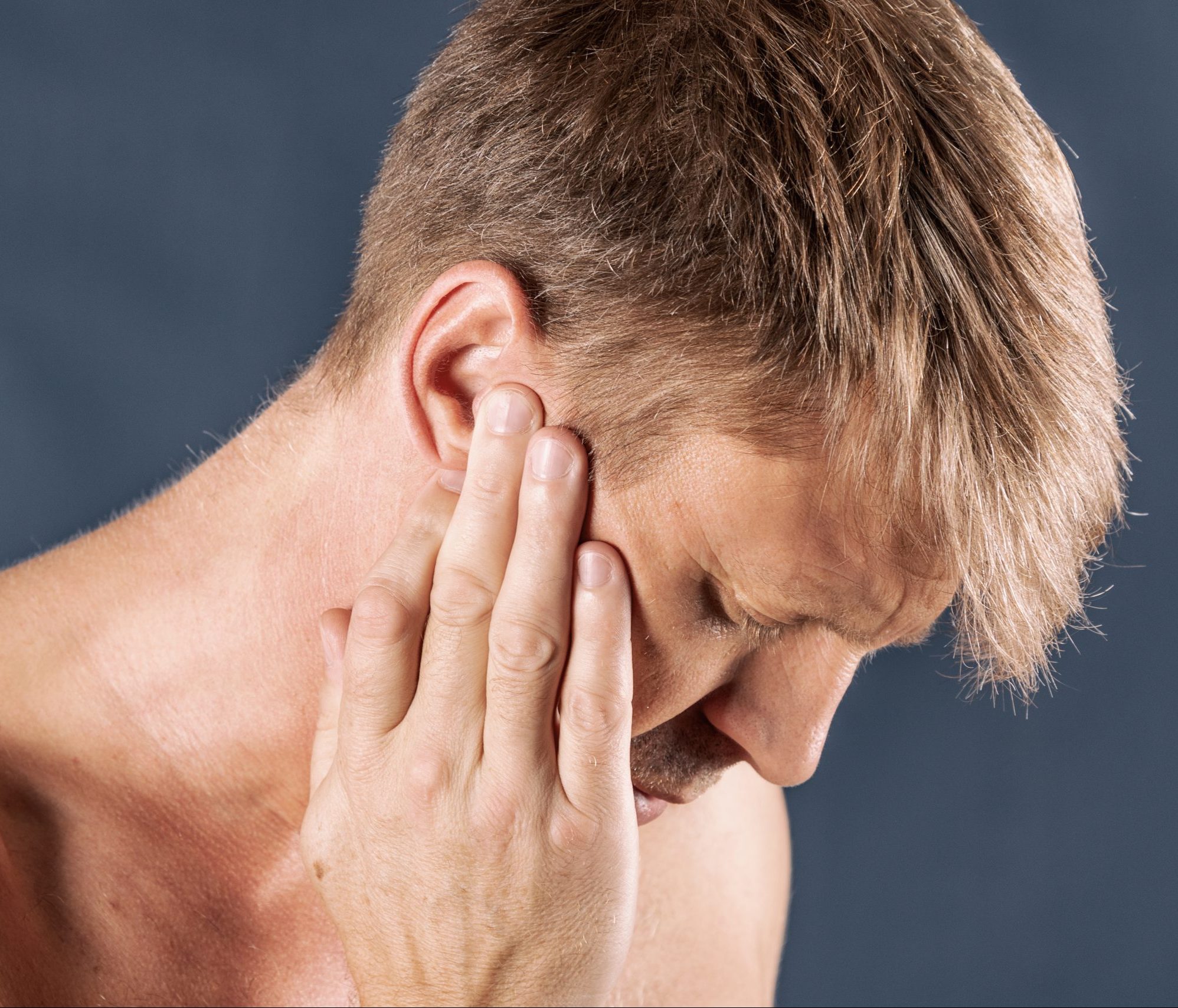
Tinnitus Management
Do you have ringing in your ears ? We offer free counselling, tinnitus management devices and maskers.*
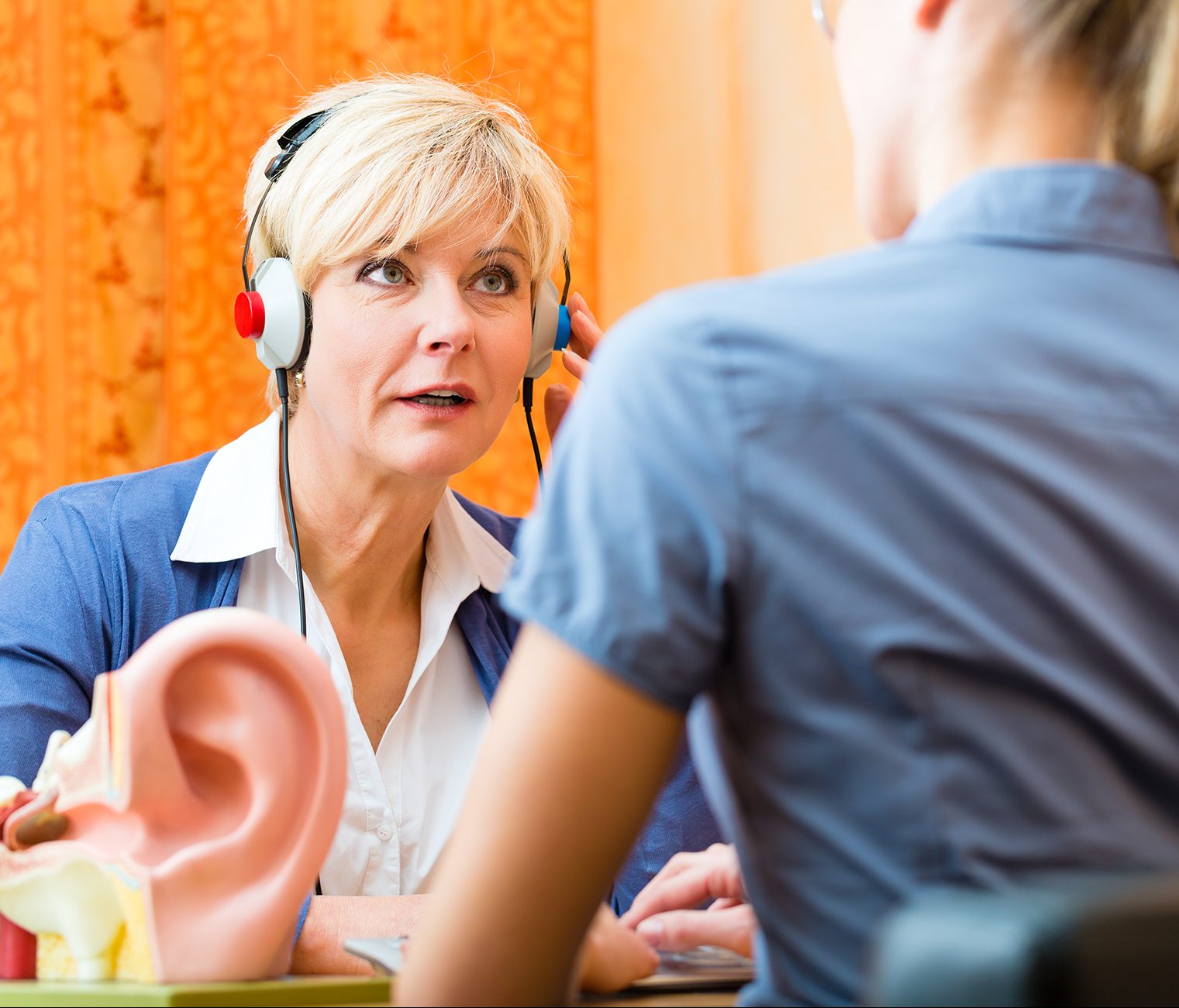
Pre-employment Hearing Test
Prompt hearing assessment reports for pre-employment medical screening for commercial drivers licence, aviation licence, police force and manufacturing / industrial jobs.
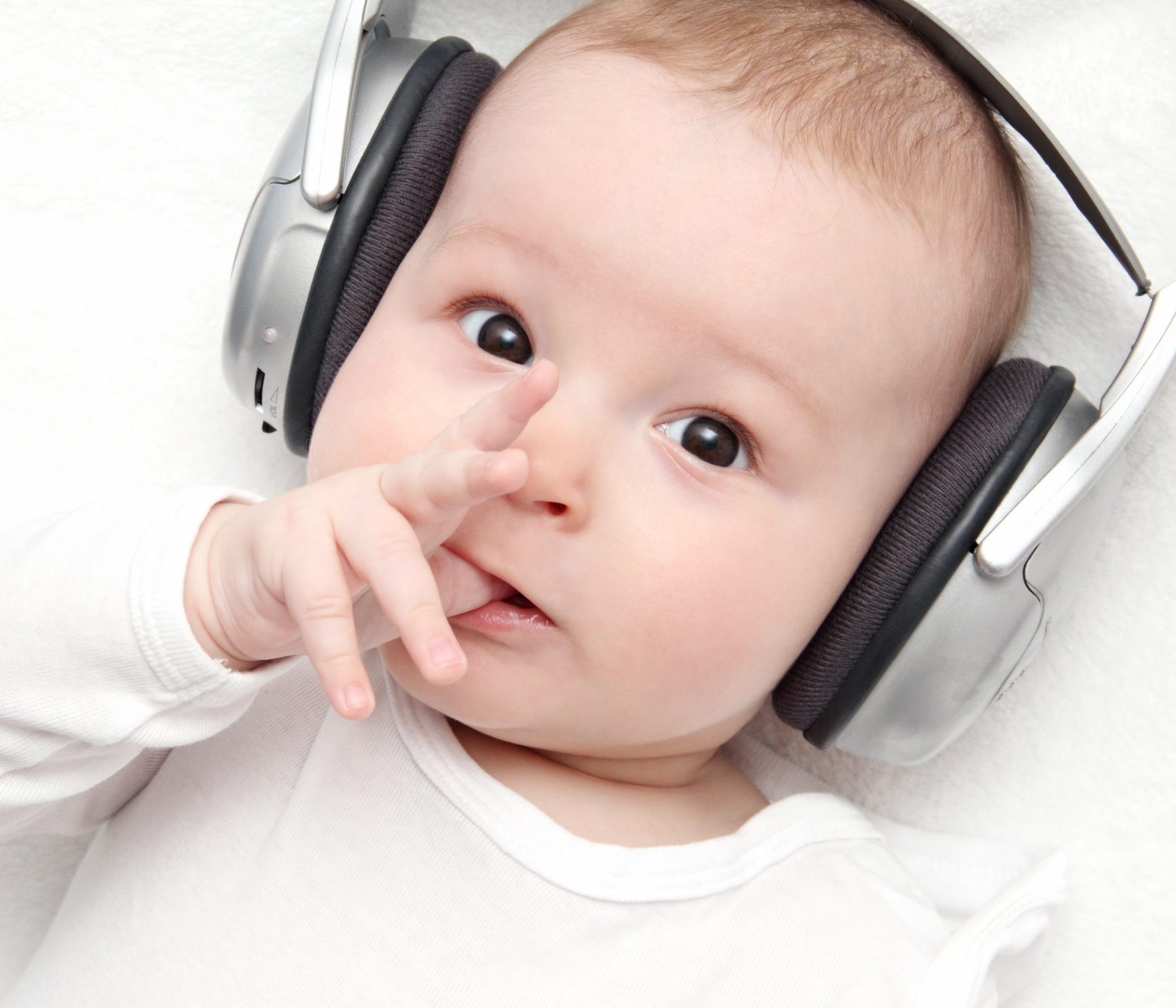
Children's Hearing Tests
We specialise in children from 6 months old. Our tests include middle ear analysis, pre-speech therapy hearing assessments, speech reception assessments and 4 year old hearing health checks.
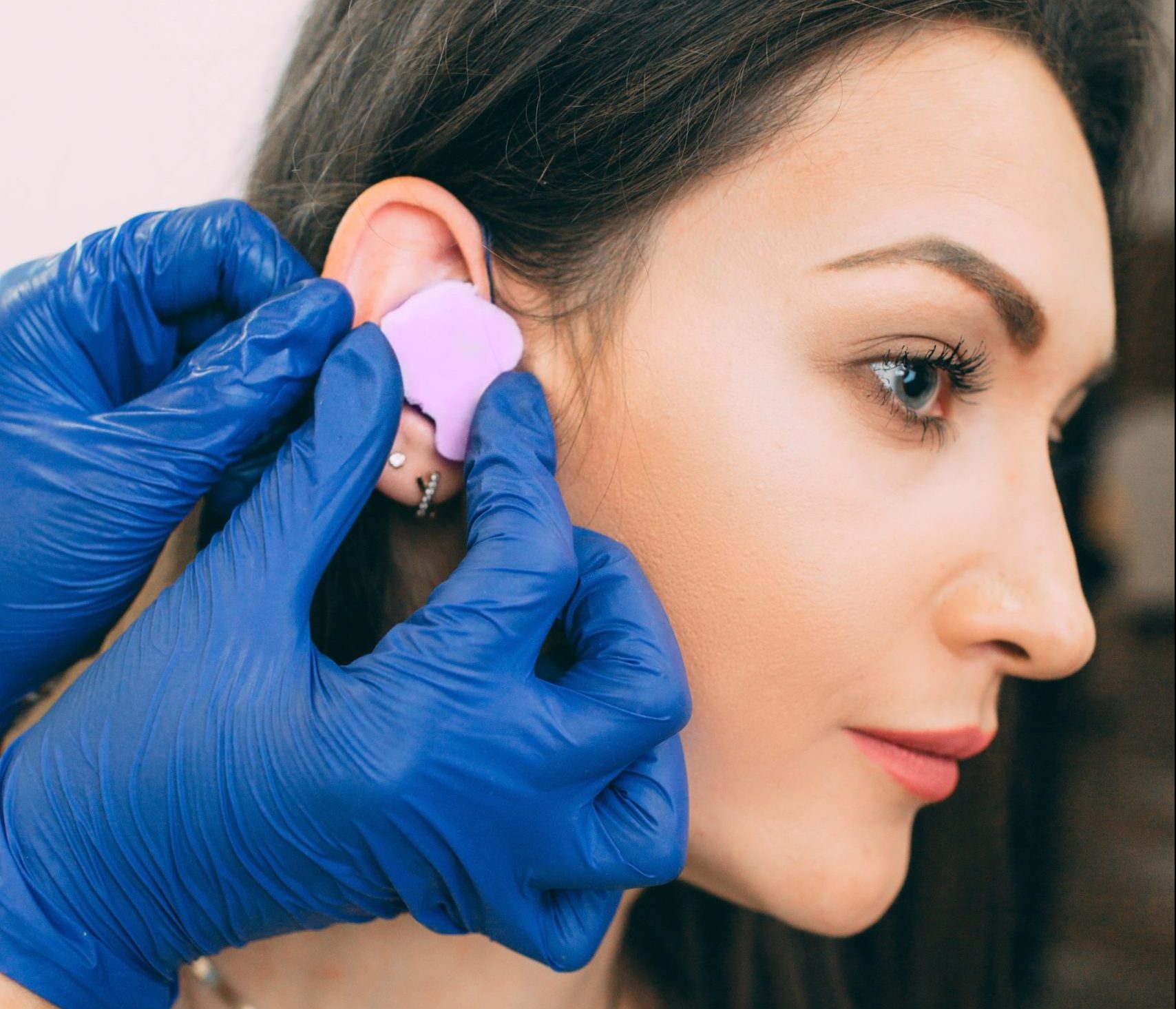
Noise Reduction Earplugs
Custom made ear plug moulds for your hearing aids and general use. Swimmers, Musicians, Hunters and struggling sleepers let us take an ear impression and build you a snug plug.
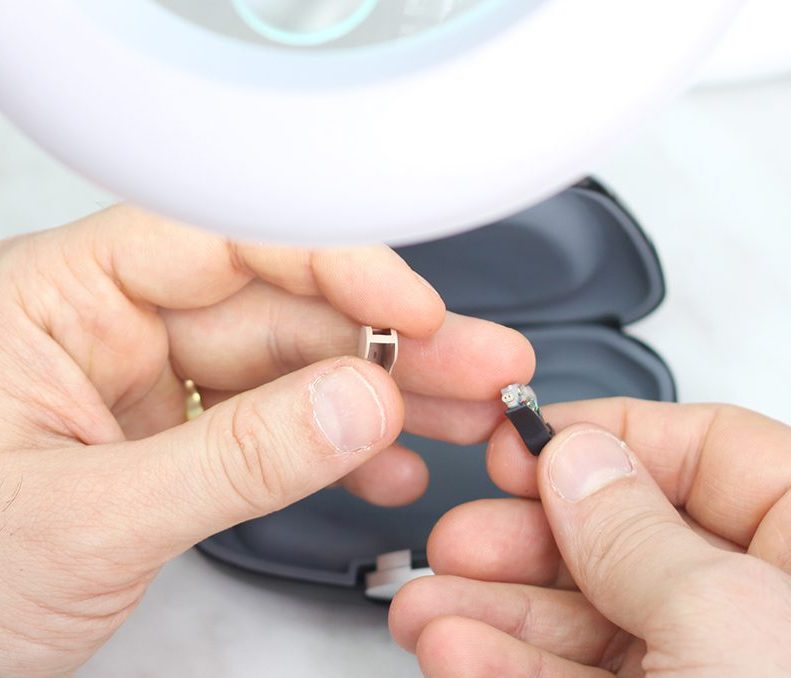
Hearing Aid Repair and Batteries
We are authorised for free hearing aid repairs and servicing. We stock and post all assistive device and hearing aid batteries.
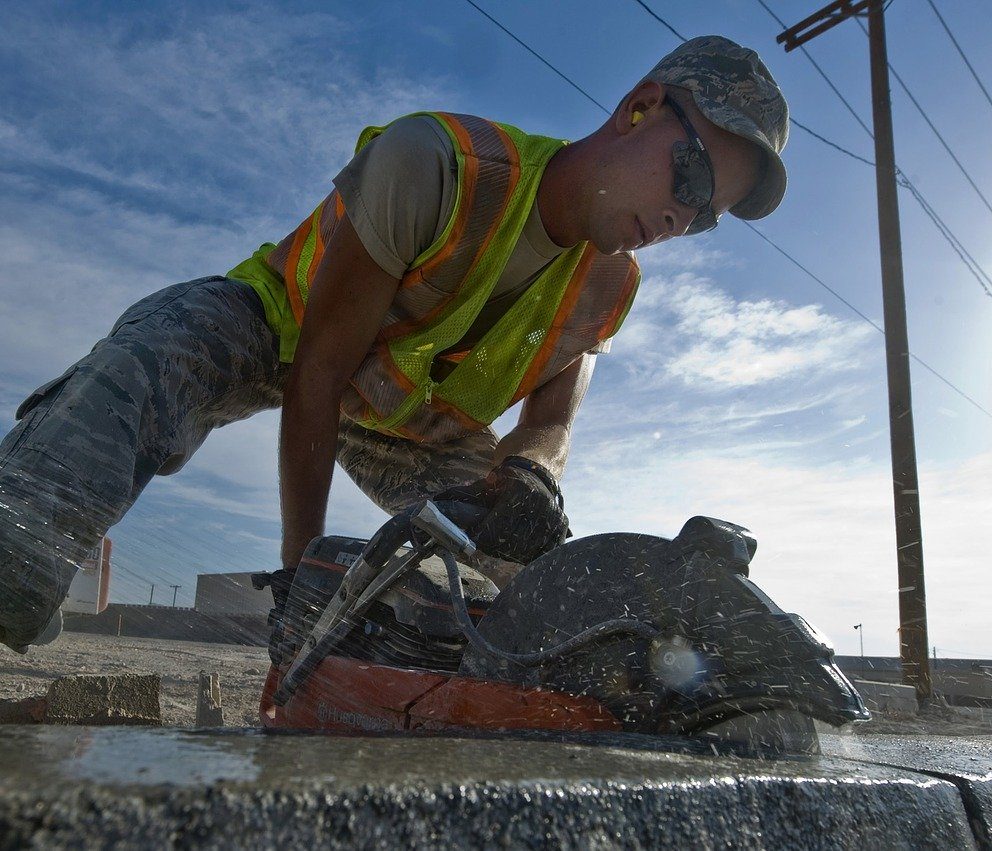
Worker's Compensation
We are Workcover accredited and licensed iCare providers covering all Worker's Compensation hearing tests and required devices.
